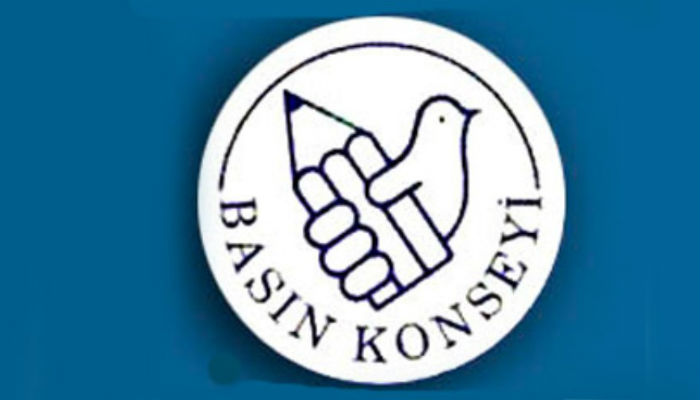One of the leading journalism organizations in Turkey, the Press Council, has warned that some journalists are being targeted due to their views on an upcoming referendum in which a constitutional reform package that will introduce an executive presidency will be voted.
Releasing a statement on Wednesday, the council said: “As April 16 [the day of the referendum] comes closer, we are witnessing that covert threats and targeting of journalists in particular are on the rise. Referendum is a democratic method and right. There is no difference between the ‘yes’ and ‘no’ votes to be cast. Both of them are democratic and reflect the views of the voters.”
Turkey has been highly polarized over the referendum, with many government officials accusing potential naysayers of siding with terror organizations and coup plotters.
The council said the targeting of journalists due to their views on the referendum is a practice that does not befit democratic countries and is unacceptable.
In January, Turkey’s Parliament passed the constitutional amendments, later approved by Turkish President Recep Tayyip Erdoğan, that would transform the political order into an executive-style presidential system, effectively widening the scope of powers of the position.
The ruling Justice and Development Party (AKP), backed by the Nationalist Movement Party (MHP), pushed through the legislation that President Erdoğan says will bring the strong leadership needed to prevent a return of the fragile coalition governments of the past.
The Republican People’s Party (CHP) and pro-Kurdish Peoples’ Democratic Party (HDP) fear the reform will fuel authoritarianism.
Parliament’s approval paved the way for a nationwide referendum on the amendments, which would give the president, a traditionally more ceremonial role, the power to dismiss ministers and Parliament, issue decrees, declare emergency rule and appoint figures to key positions, including the judiciary.
It would also allow the president to be a member of a political party, which is currently prohibited under the constitution as the presidency is expected to exercise impartiality.

